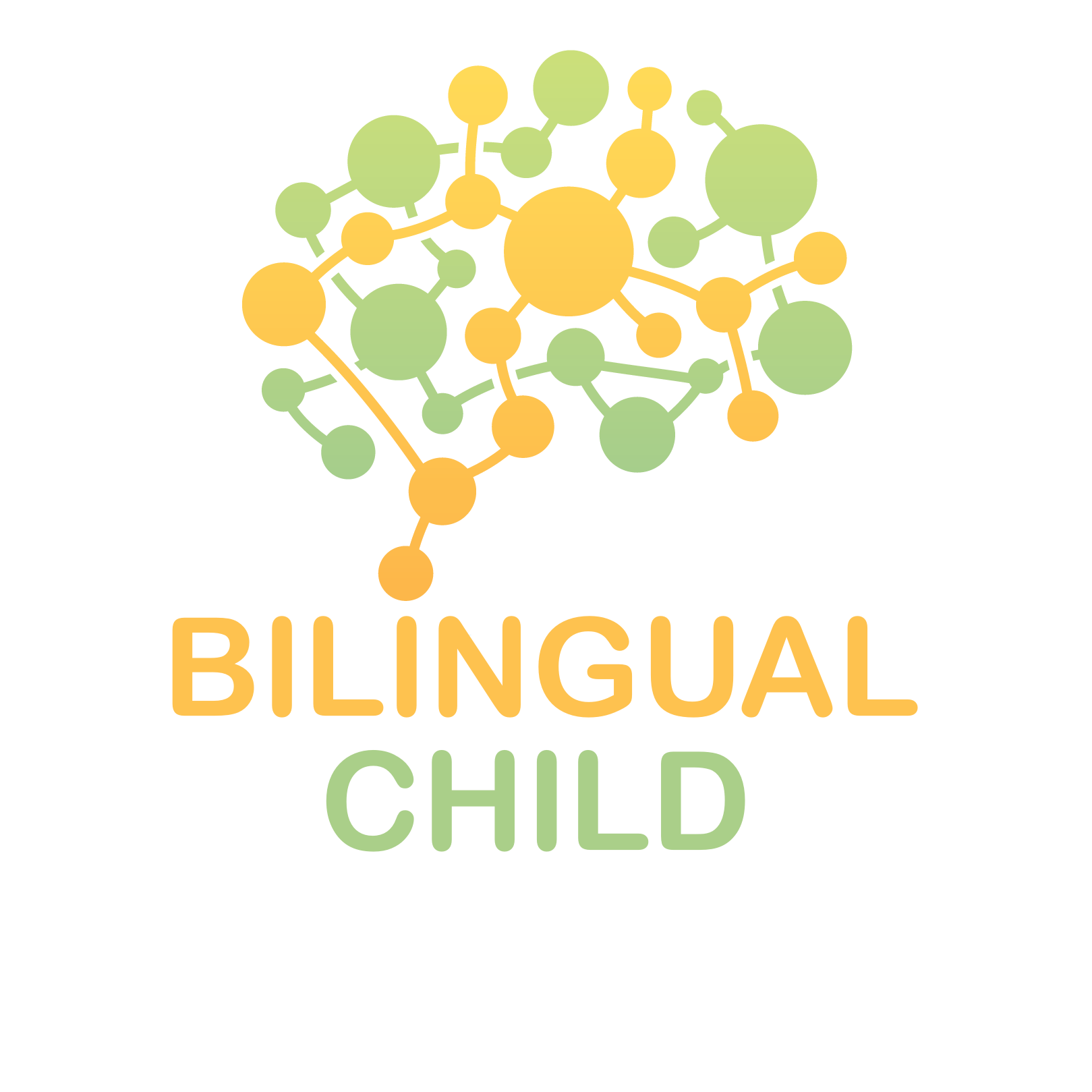
Do you think the problem concerns your child?
I’ll be honest with you – it really worries me, as I can still see that many people repeat this MYTH way too often! This then raises stress and concerns for parents, doesn’t it?
First of all – what is speech delay?
It is a delay in the use of the mechanisms that produce speech or the actual process of making sounds. Language delay on the other hand occurs when a child is very late in beginning to talk and/or lags well behind peers in language development (Colin Baker, 2007).
‘Roughly 10% of children can be expected to have difficulties with language development. This is the same for monolingual children and bilingual children. The reasons for difficulties with language development are varied and complex. But bilingualism is not one of them’ (Dr Susanne Döpke, May 2006)
The language experience of bilingual children differs greatly when compared to monolinguals. The child is exposed to two languages so the exposure to the vocabulary will be different for a monolingual child.
Adam is a great example. When he was 2.5 he was a chatterbox but… in Polish only. I knew that he didn’t speak English too much. But the exposure to Polish was significant – we read books together (1:1), talked when cooking, playing. His confidence at the nursery grew day by day though and now, both languages are well developed. If someone at the nursery assessed his language skills, they could have thought he has some language delay – which would not be true, right?
Important!If for whatever reason you feel like your little one’s speech is delayed, do not blame bilingualism. Do not compare with your friend’s friend who had a friend…just speak to a specialist! My advice: check first if they have training or experience to work with bilingual children.
Any more myths to bust?
Feel welcome to join my newsletter, where I will be sharing with you ideas and resources to help you to support your child in his bilingual journey.








Recent Comments